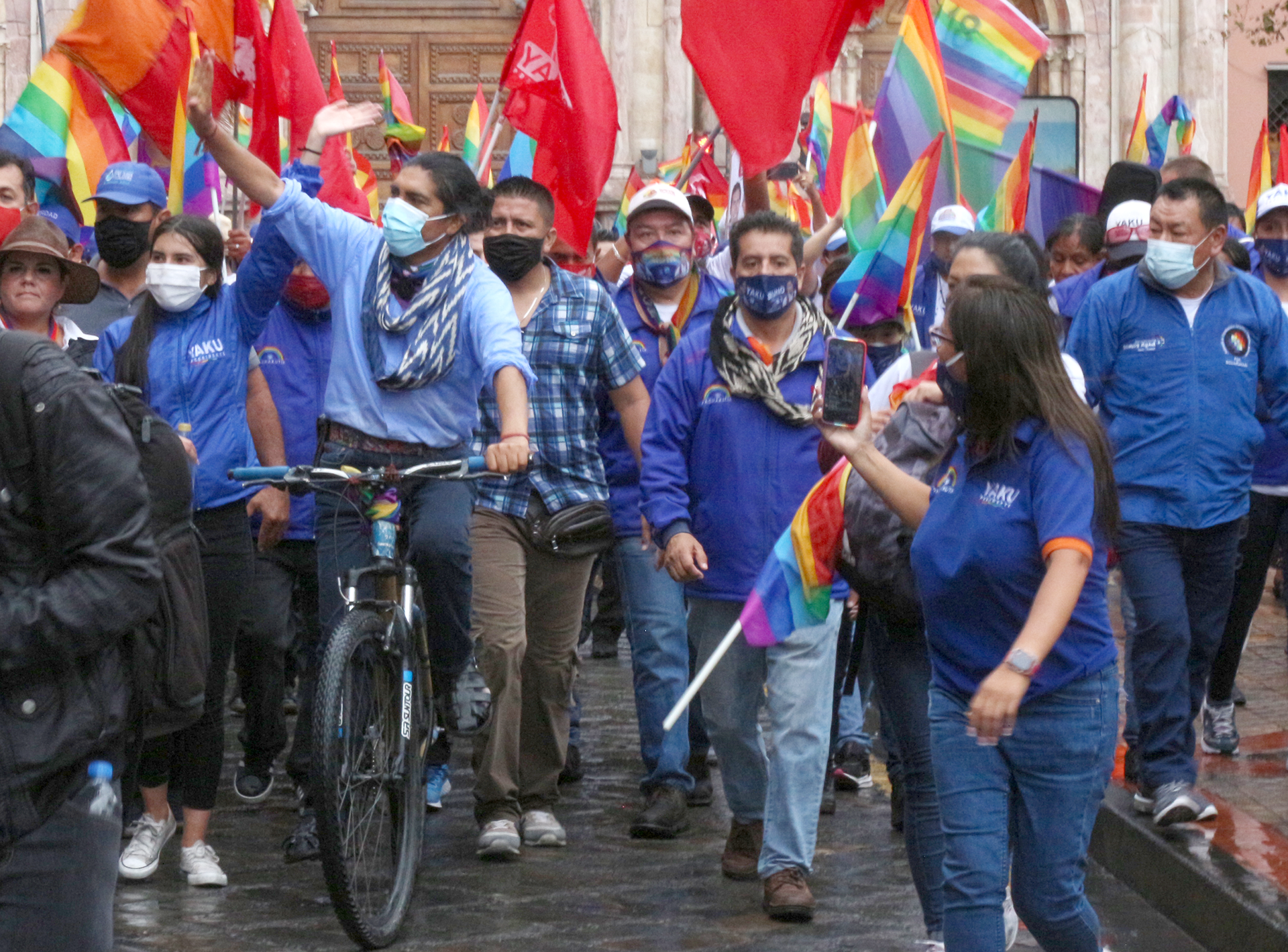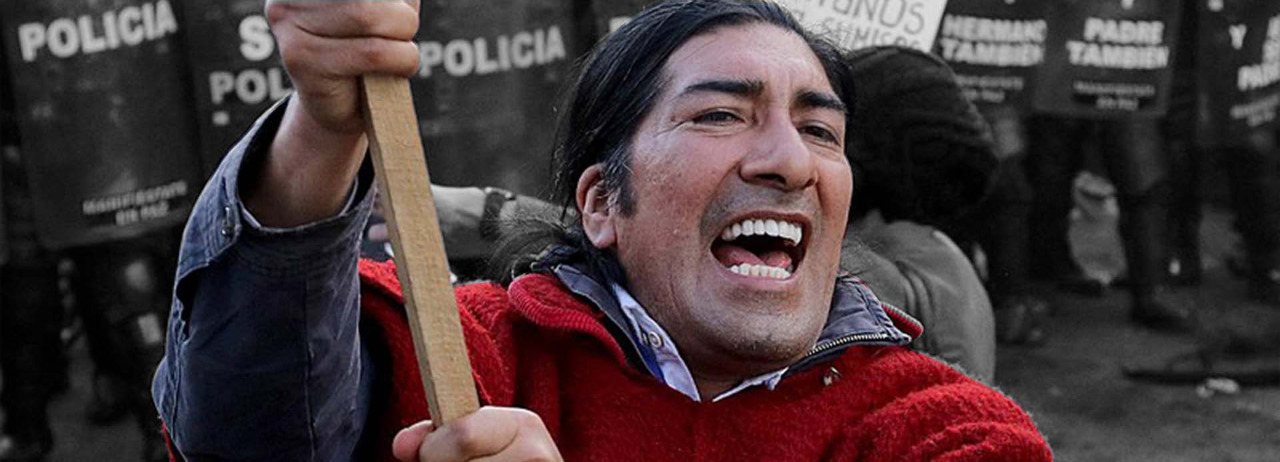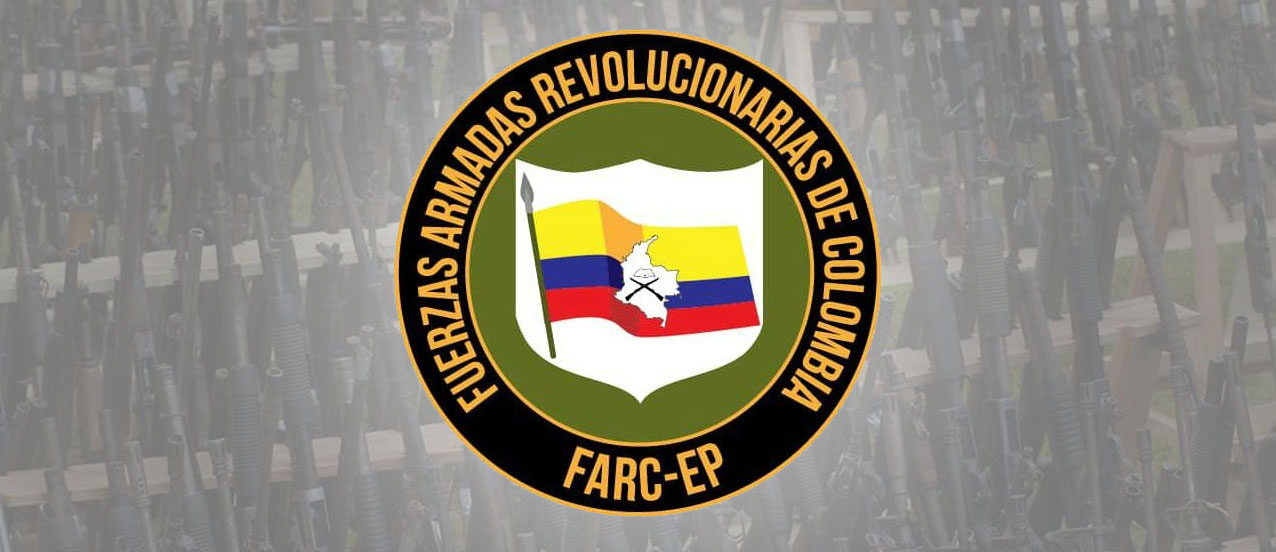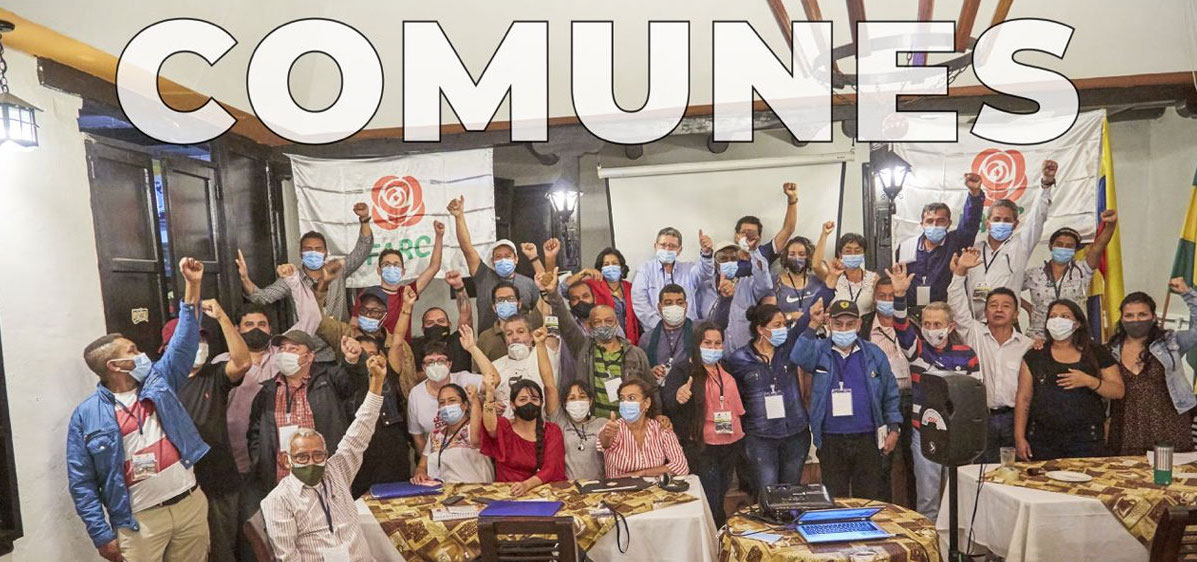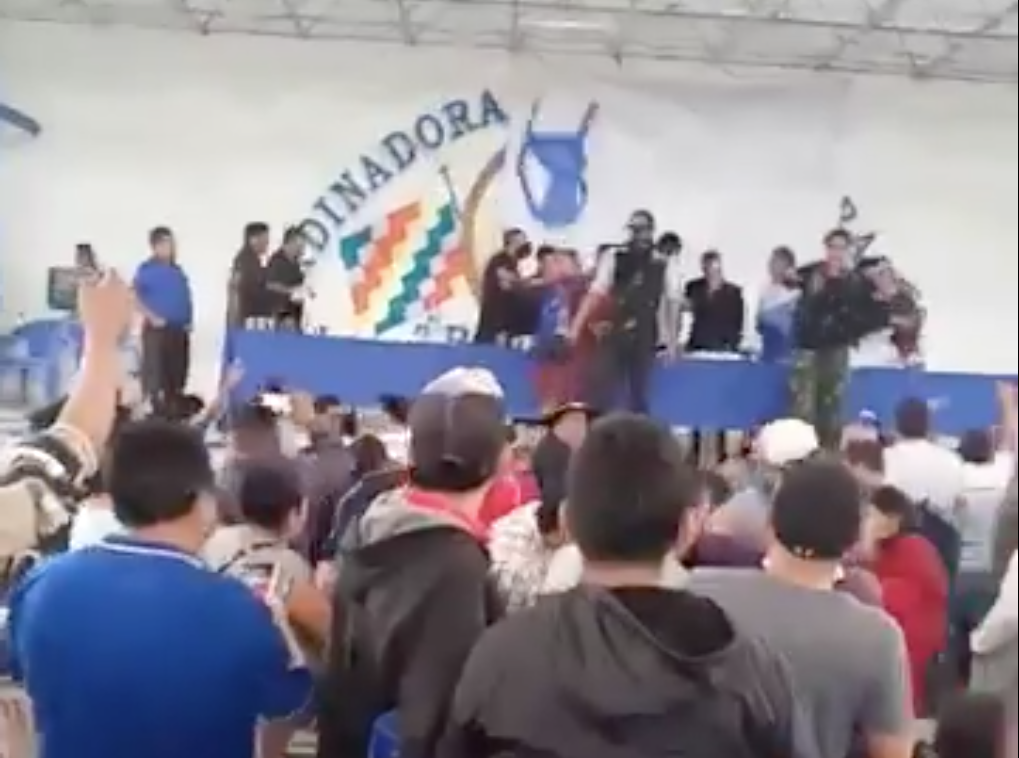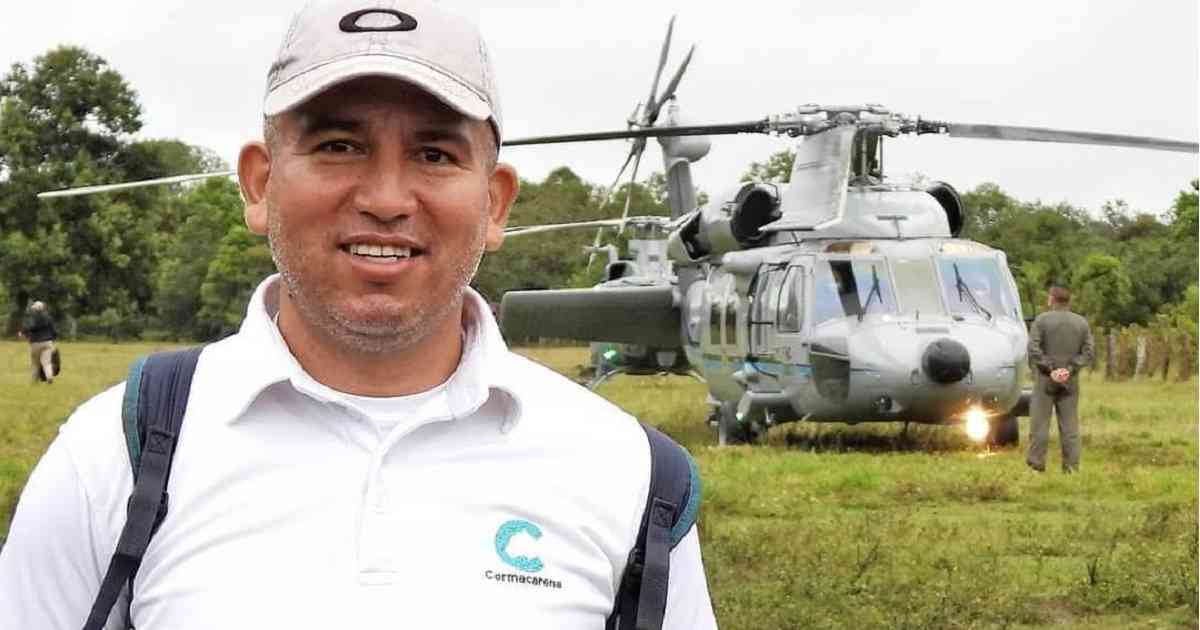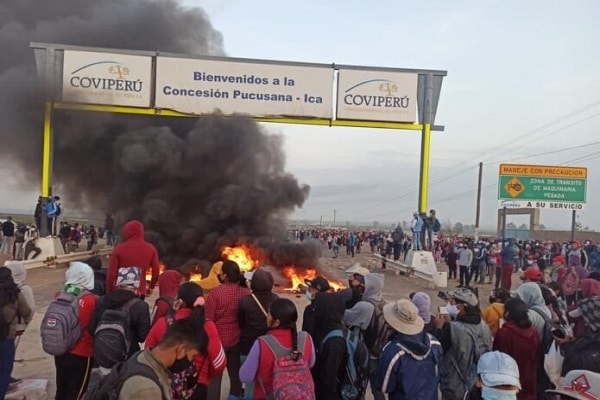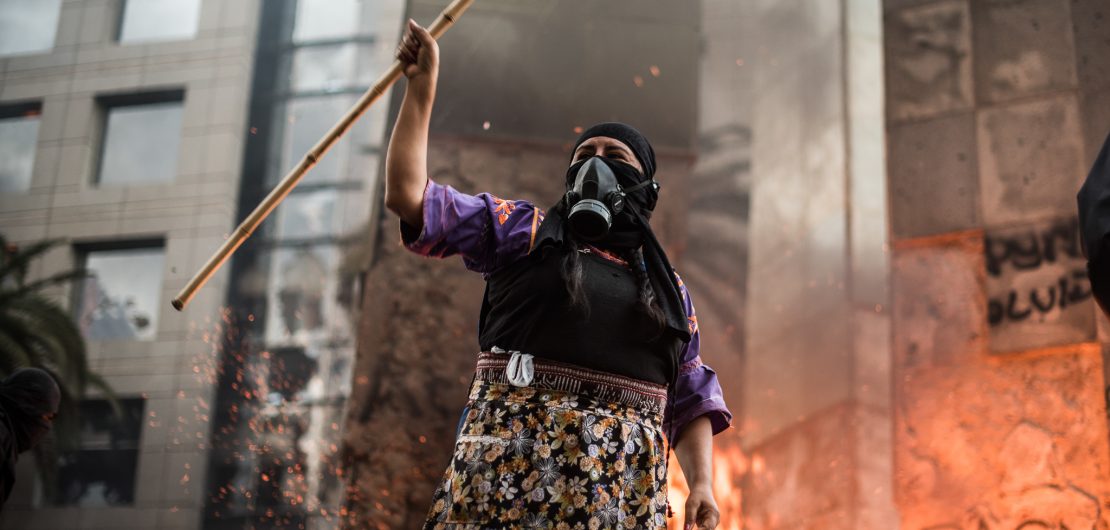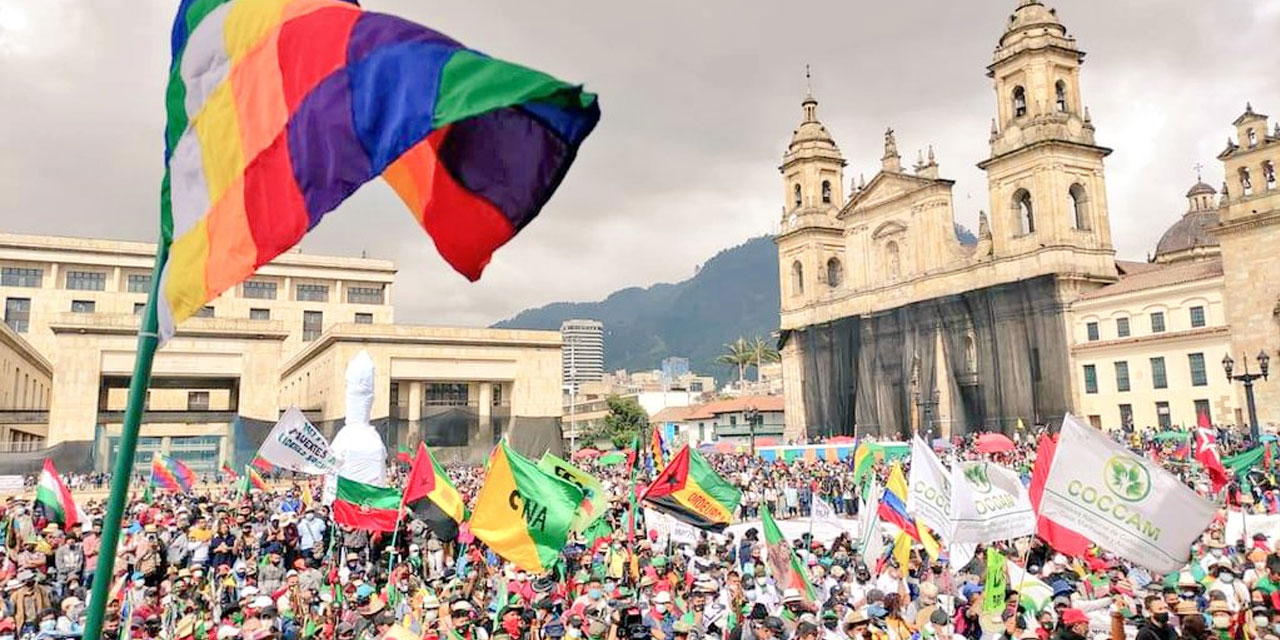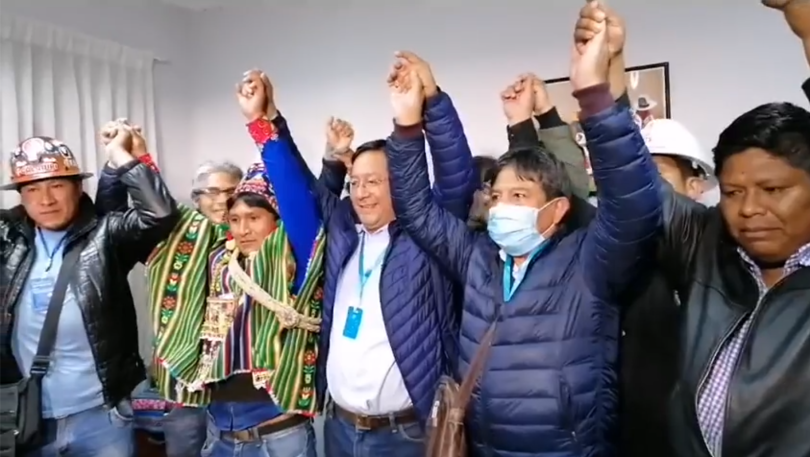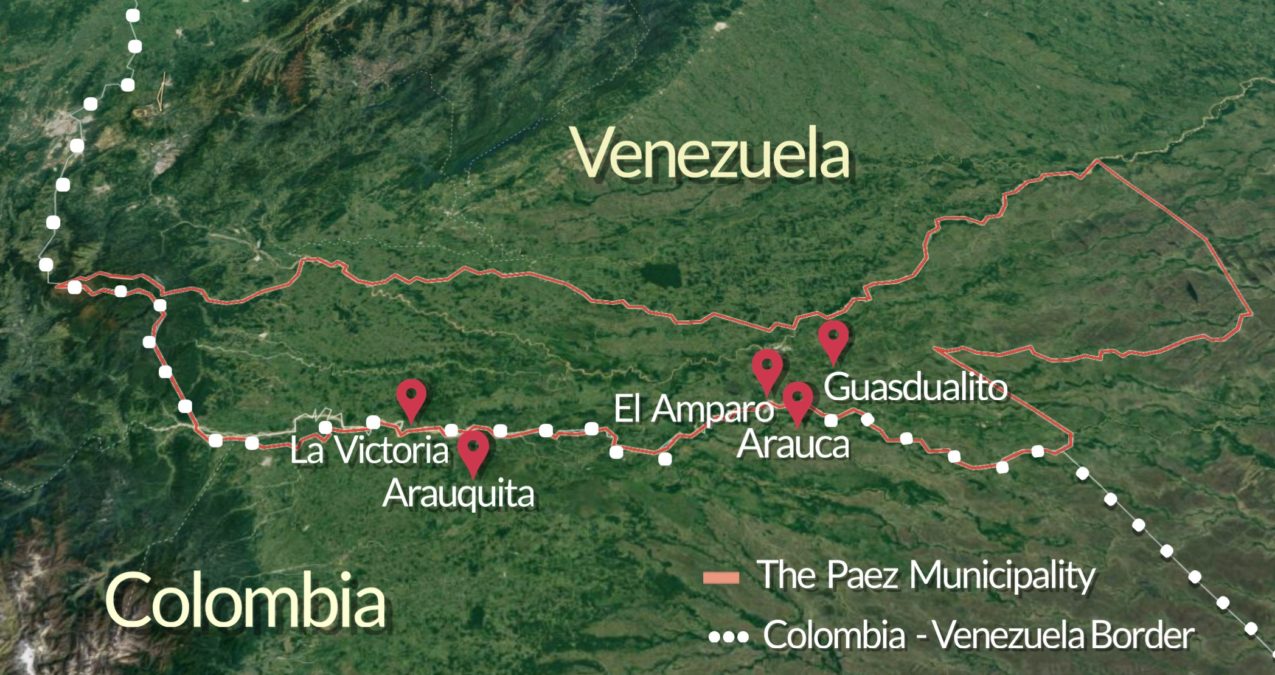
FARC ultra-dissidents in Venezuela clashes?
Some 3,000 Venezuelans fled across the border into Colombian territory to escape an outbreak of fighting between the military and an unnamed armed faction. Venezuelan Defense Minister Gen. Vladimir Padrino López said that in an operation dubbed Bolivarian Shield, troops have arrested 32 people, destroyed six camps, and seized weapons. There have also been reports of two Venezuelan soldiers killed in the fighting. Padrino did not name the armed group targeted in the operation, only identifying a supposed commander by his nom de guerre “Nando.” But regional media reports indicate the targeted group is one of the “dissident” factions of the Colombian FARC rebels that have remained in arms despite a peace accord. Bogotá accuses Venezuela of providing shelter to FARC dissidents. It is hypothesized that the group targeted in Bolivarian Shield is a dissident faction refusing to accept the leadership favored by Caracas. (Map: Sofía Jaimes Barreto via Caracas Chronicles)



